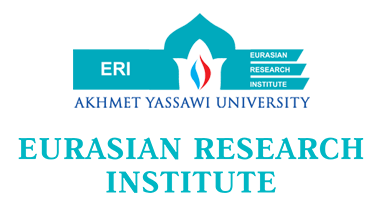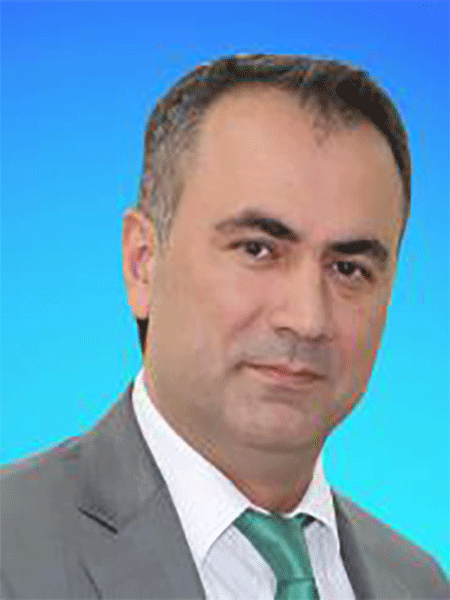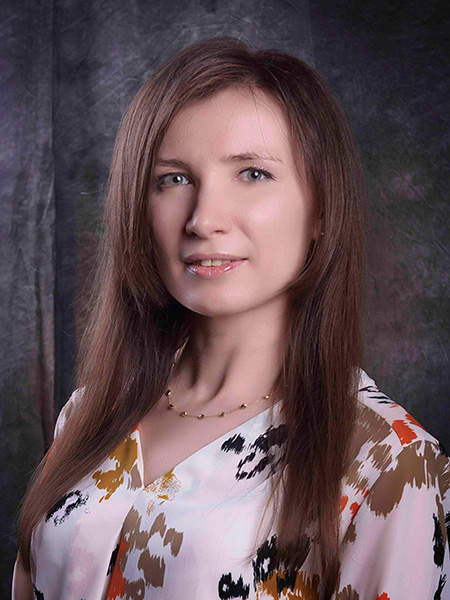Eurasia Outlook 2016: Economic, Social and Political Perspectives in Eurasia
Hayal Ayca Simsek
Visiting Research fellow
Hayal Ayca Simsek graduated from Public Finance Department of the Faculty of Economics and Administrative Sciences in Dokuz Eylul University in 1995 and she started working as a research assistant in Public Finance Department in 1996. Starting her master education in 1995, she completed this process in 1997 by presenting her master thesis namely ‘Alternative Fiscal Policies in Determining the Limits of Government’. Hayal Ayca Simsek started doctorate process in 1998 and completed this process in 2003 by presenting her doctoral thesis namely ‘Constitutional Economics As An Alternative for Achie
Nevzat Simsek
Director
Prof. Dr. Nevzat Simsek graduated from the Department of Public Administration in the Faculty of Political Sciences in Ankara University in 1994. He completed his master thesis named ‘A Study on the Cyclical Behaviour of Prices: The Case of Turkey (1963-1995)’ in the Economics Program in the Institute of Social Sciences of Dokuz Eylul University in 1998. In 2005 he completed his PhD thesis named ‘Intra-Industry Trade (The Analysis of Intra-Industry Trade in Turkey)’ in the Economics Department in the Institute of Social Sciences of Dokuz Eylul University. In the same year he got the best PhD t
Lidiya Parkhomchik
Senior Research fellow
Lydiya Parkhomchik (nee Timofeyenko) was born on February 9, 1984 in Zelenodolsk city, located at the territory of the Republic of Tatarstan (Russia). Since 1986 she became resident of the Republic of Kazakhstan. She graduated the high school in 2001 and at the same year she admitted to Abylai khan Kazakh University of International Relations and World Languages. She graduated from International Relations Department with specialization of analyst with knowledge of a foreign language in 2006 and after that started to work as a lecturer at the Chair of International Relations of KazUIR & WL.




